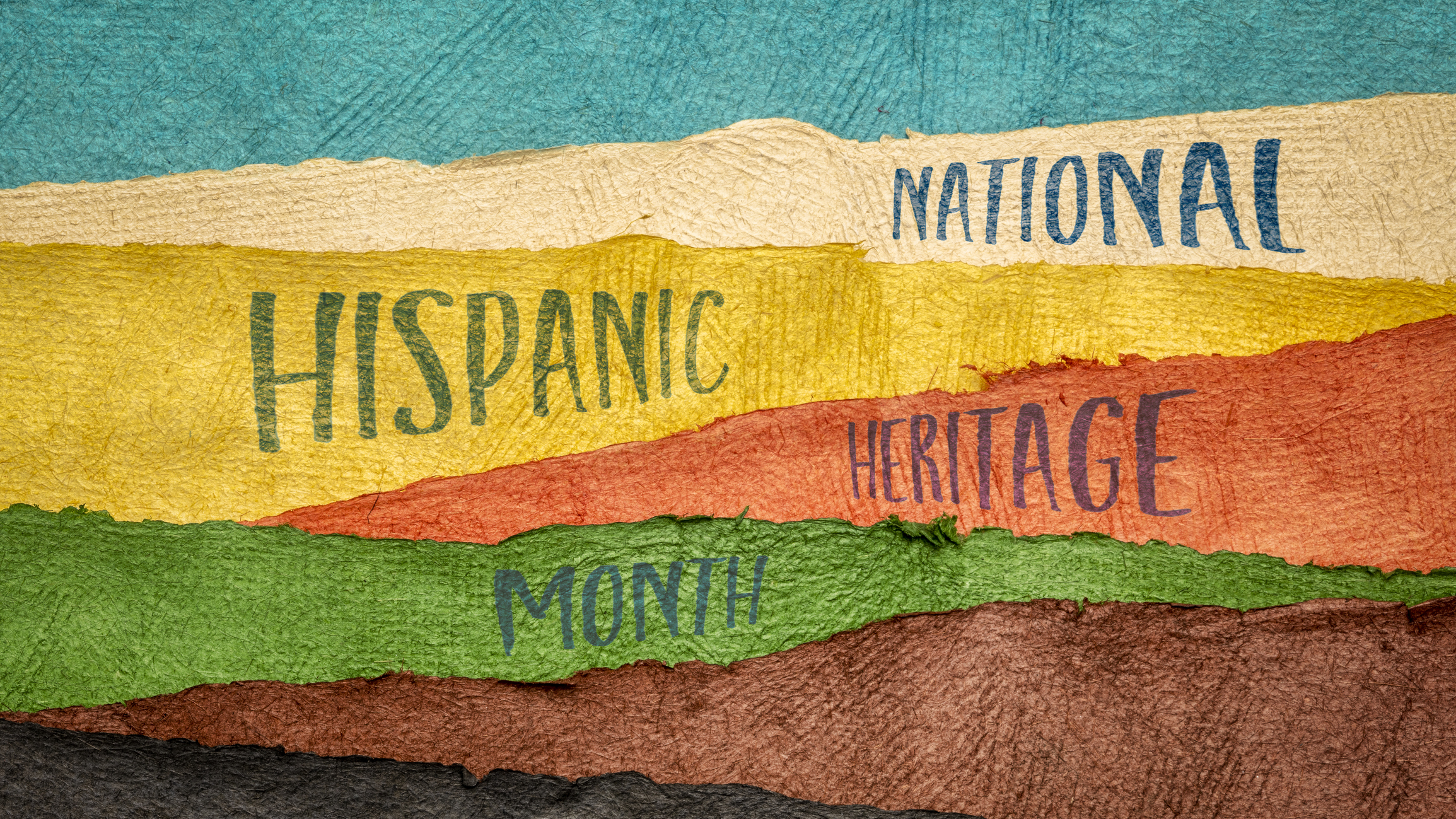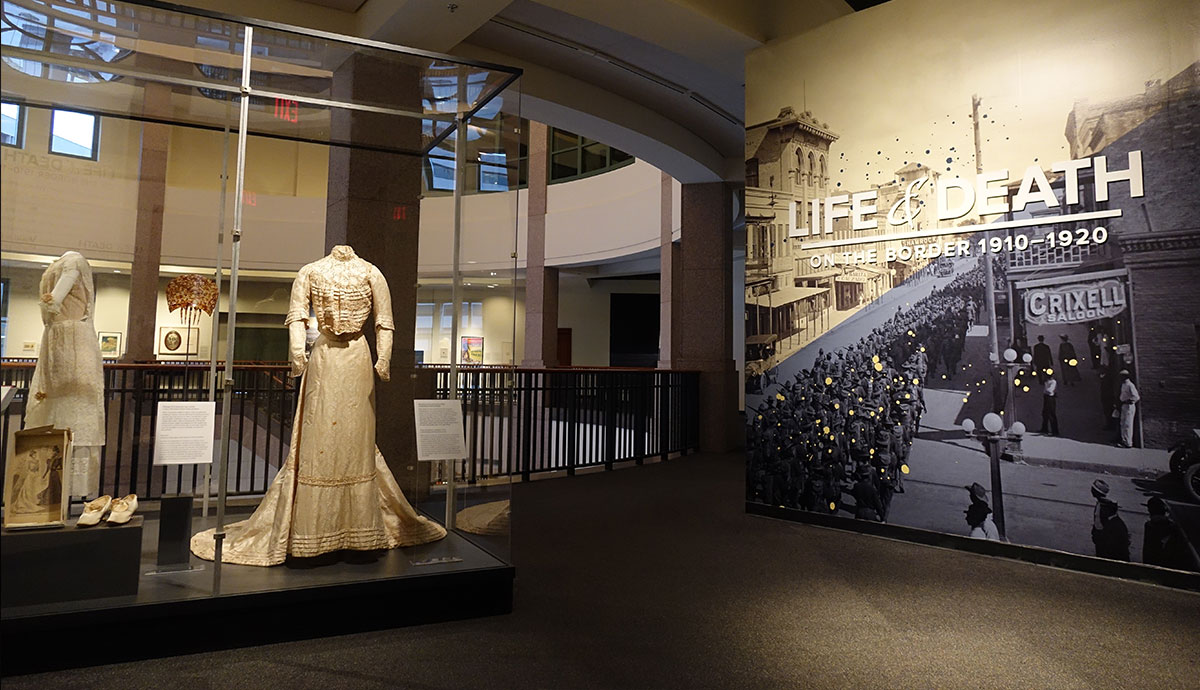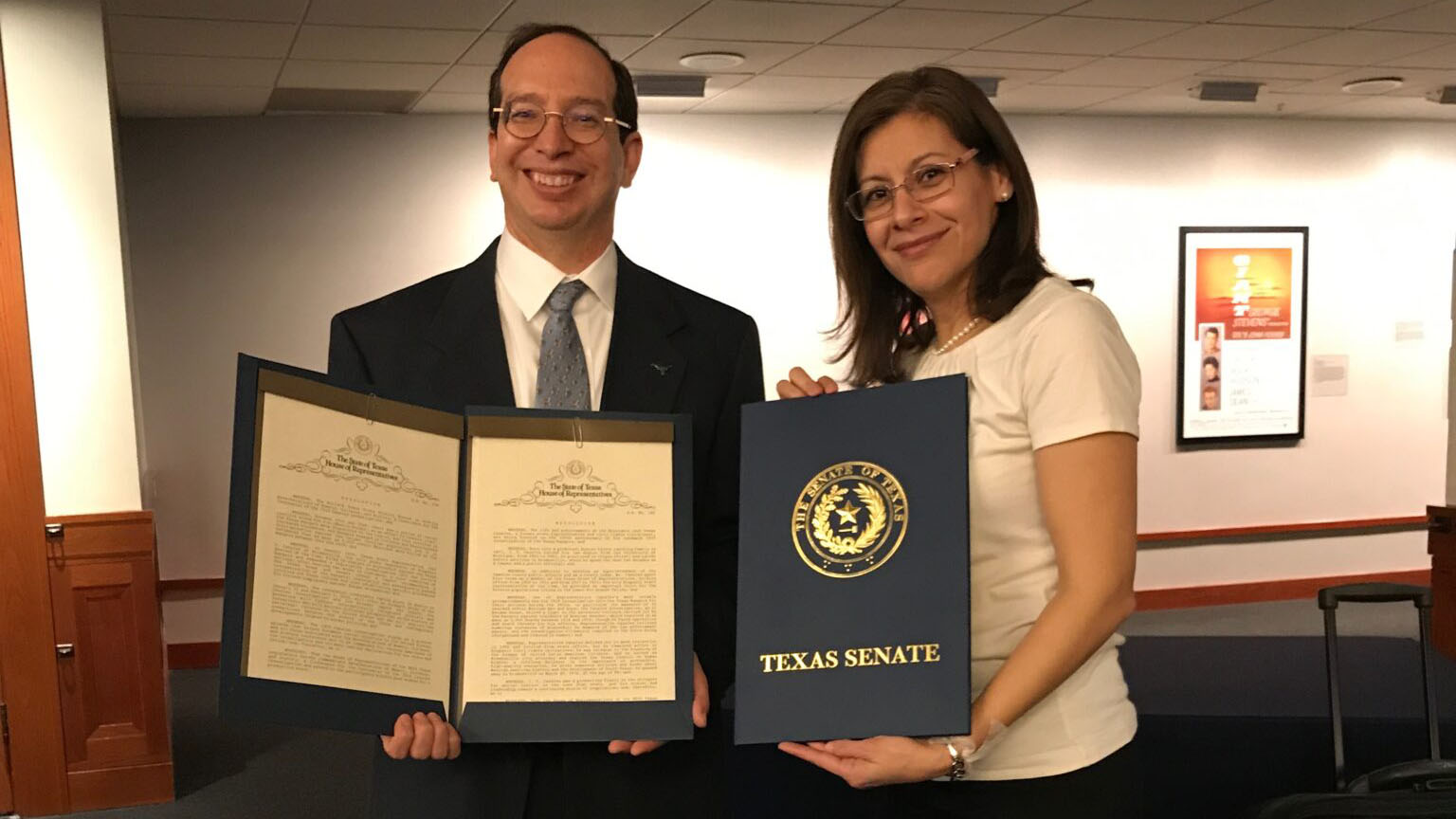
In 1988, Hispanic Heritage month was enacted into law in order to acknowledge the contributions and histories of the American Latino community. For Sonia Hernández, a Texas A&M University history associate professor, it’s one thing to remember; it’s another to refuse to forget.
To that end, in 2014, she helped establish Refusing to Forget , a multifaceted public history project that seeks to recover and disseminate a grimmer part of American history: anti-Mexican violence in Texas, particularly along the border in the early 20th century.
“Talking about these dark moments in history should not make us less patriotic or less American; it should make us really proud to know this larger history because it’s an opportunity to learn from this past," said Hernández, a 2020 Chancellor’s Enhancing Development and Generating Excellence in Scholarship (EDGES) Fellow. “Knowing these stories enriches our broader American experience.”
Hernández and her colleagues use Refusing to Forget (RTF) to spread awareness of violence against Mexicans and Mexican Americans at the hands of both vigilante groups and state agents, such as the Texas Rangers.
“From 1915 to 1919, hundreds if not thousands of Mexicans and Mexican Americans lost their lives at the hands of law enforcement north of the [Mexico] border, including Texas Rangers and local sheriffs as well as vigilante posses,” Hernández reported in her 2021 book Reverberations of Racial Violence: Critical Reflections on the History of the Border . “Extralegal executions became so common that a headline in Harper’s Weekly in 1915 declared it ‘Open Gun Season on Mexicans.’”
While this aspect of history is known to niche scholars, Hernández said her goal was to bring it to a larger audience, beyond the “ivory tower.”
“We felt it was important to translate our research into a story that made sense to people and conveyed how this history has played a central role in the making of the United States,” she said. “But that history hasn’t really been included in the curriculum in a robust way.”
Acknowledging the history of oppression among underrepresented communities has become a hot topic in the United States. Currently, legislators are debating bills seeking to ban teaching “critical race theory” — the idea that U.S. institutions are shaped by concepts of race and ethnicity — in K-12 classrooms. While some Americans believe that teaching these lessons sows further division along the lines of race, Hernández disagrees, and believes now is the time to shine a light on untold histories.
“Right now, it’s so urgent to have these conversations as a way for us to find common ground…not only to learn from the past, but also realize that someone else’s history is everyone’s history,,” she said. “For example, we have found stories of how communities stood up for themselves in the midst of such violence. This is an early example of demanding civil rights that had implications on all sectors of society, not only Mexican Americans.”
Hernández also pointed out that the abuse of power by the Texas Rangers parallels the current criticisms of police brutality.
“We are all Americans, but in everyday life, there are issues of inequality, not just racial but also of ethnicity and gender,” she said. “I think it’s necessary to spread this historical knowledge and reflect upon our past during moments such as Hispanic Heritage Month, to pause and focus on a particular demographic. One day, I’d love to see celebrations of diverse voices throughout the whole year. I know my 11-year-old daughter would love to see that.”
Until then, Refusing to Forget continues its mission to disseminate these stories to wider audiences.

“We helped curate an award-winning exhibit called "Life and Death on the Border: 1910-1920,” Hernández said. “It was on display at the Bullock Texas State History Museum in Austin in 2016, and now, thanks to a grant from the American Historical Association in conjunction with the National Endowment for the Humanities we are working to convert that exhibit into a traveling exhibit.”
This is especially important to Hernández because, in talking to the descendants of the victims of past borderlands violence, many expressed their wishes to have the exhibit become mobile. Soon, the public may be able to view the exhibit at the Holocaust Museum Houston, South Texas College in McAllen or the El Paso Museum of History, among others.
“Another way we have been telling these stories is through historical markers,” Hernández said. “These put history out in public view for people of all different backgrounds to see and enriches all demographics — not just Hispanics.”
The project has established markers in Cameron, Hidalgo, Webb and Presidio County.
Refusing to Forget has also made its own mark on history.
“The first investigation into the abuse at the hands of the Texas Rangers was called by Mexican-American state legislator José Tomas ‘JT’ Canales,” Hernández said. “In 2019 we held the ‘1919 Canales Investigation Conference.’ The Texas Senate passed a resolution acknowledging that conference as marking the centennial of the first state-led investigation into the Texas Ranger violence.”
Hernández said she’s proud to work at a university that is supportive of her mission. She also sees great things on the horizon.
“Texas A&M’s recent designation as a Hispanic Serving Institution bears a certain level of responsibility,” she said. “We have this incredible opportunity to not just be the leading RI HSI in the state but in the country. We have the chance to really address how we are going to serve students and how we are going to enrich the lives of all Aggies. We have the opportunity to showcase research on this important demographic. There are so many ways we can do that.”
The Refusing to Forget team includes fellow co-founders John Morán González, Benjamin Johnson, Trinidad Gonzales and Monica Muñoz Martinez; members Christopher Carmona, Leah LaGrone, Annette Rodriguez and Juan Carmona; coordinator Nati Roman; and intern Caroline Lauber.
